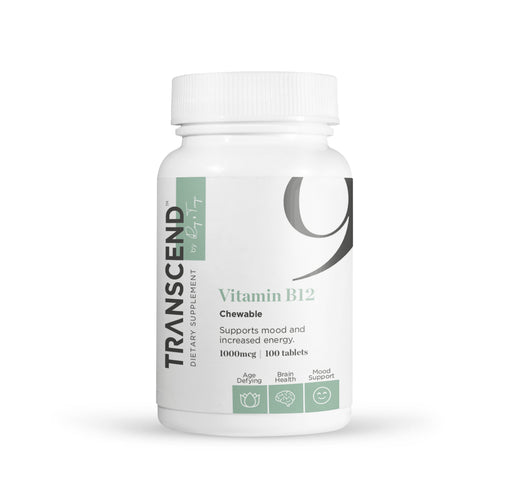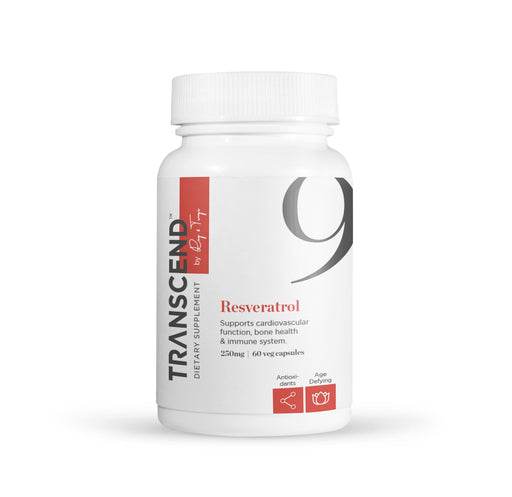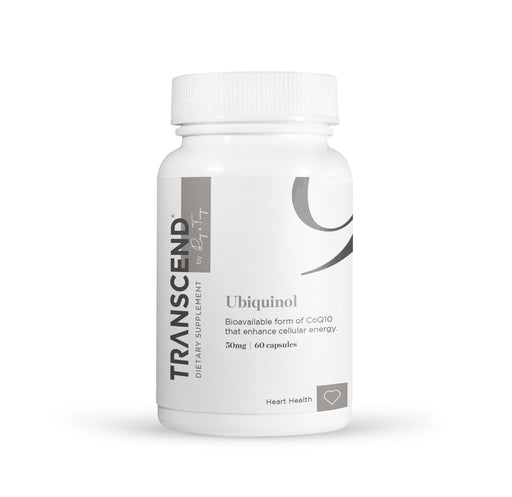
Vitamin B-12, Sublingual
Increased energy Improve mood Fight fatigue Common deficiency Better absorption Vitamin B12 (also called cobalamin) is one of eight water-solu...
View full details
The two main pillars that Ray and Terry discuss in their books for achieving and maintaining optimal health are prevention and early detection. These two factors are particularly important when it comes to colorectal cancer, the second leading cause of cancer deaths in the United States. In 2017, 135,000 Americans were diagnosed with colon cancer and it was the cause of 50,000 deaths.
It is truly unfortunate that 60% of these deaths could have been prevented with early detection; yet the good news is that there has been a 30% decrease in cancer mortality due to more people undergoing appropriate screening. When colon cancer is diagnosed at an early stage - before it has begun to spread - five-year survival is close to 100%. Yet, if cancer has metastasized by the time of diagnosis, survival plummets to 11%.
Symptoms of colon cancer include blood in the stool or rectal bleeding, persistent abdominal pain, changes or abnormal stools as well as unexplained weight loss or fatigue.
Since it typically takes between 10 and 15 years for pre-malignant polyps to become cancerous, colon cancer screening can be done at relatively long intervals. The gold standard for colon cancer detection is optical colonoscopy. This test is nearly 100% accurate and is usually performed by a gastroenterologist who uses a fiber-optic colonoscope to examine all parts of the colon for the presence of polyps. Any abnormalities are then biopsied it found. This test typically takes less than 20 minutes and with appropriate medications is virtually painless. Screening recommendations are for people to get their initial screening colonoscopy at 50 years of age. Whenever there is a strong family history of colon cancer, screening should begin at age 40. If the test is completely normal, it should be repeated in 10 years. At the present time, only 50% of Americans follow these recommendations.
Another option is virtual colonoscopy. In this case, a CT scanner is used to look for the presence of polyps. If this method of screening is selected, CT colonoscopy should be done at five-year intervals. This test has the advantage of being completely noninvasive, yet it does expose the patient to a certain amount of radiation. Another noninvasive option is DNA analysis of the stool, the so-called Cologuard test. This test is able to detect 90% of colon cancers with a 13% false positive rate.
Ray and Terry strongly encourage everyone to follow these screening guidelines to help eradicate this deadly disease, which is easily diagnosed and treatable when detected early.
In addition to early detection of colon cancer, there are several lifestyle factors that can reduce one’s risk of developing the disease. A high fiber diet rich in fruits and vegetables has been shown to be preventive against colon cancer. Frequent red meat consumption, particularly processed meats, on the other hand, increases colon cancer risk. Being overweight or obese has been shown to double the risk of colon cancer. Physical activity and maintaining adequate levels of vitamin D have also been found to be protective.
Learn more about maintaining your optimal digestive health.
The Undy RunWalk and Washington DC ScopeItOut 5k are family-friendly run/walk events put on by the Colorectal Cancer Alliance. These events are equally dedicated to knocking out colon cancer and honoring those impacted by this disease. Find an event near you and help end colorectal cancer!
The Colon Cancer Alliance raises awareness for colon cancer research and survivors each year by asking everyone to dress in blue. You can join in by sharing your #dressinblue pictures on March 2, 2018.
The Prevent Cancer Foundation offers ideas to spread the word.

Increased energy Improve mood Fight fatigue Common deficiency Better absorption Vitamin B12 (also called cobalamin) is one of eight water-solu...
View full details
Combat internal aging Protect cells from radiation damage Increase antioxidant capacity Take with lecithin for better absorption Optimal dose for...
View full details
2022 update: Future batches of this product will use a Ubiquinol product that is a greenish capsule rather than a red softgel Bioavailable form o...
View full details
A Kurzweil + Grossman Formula Continued Synergy between Science and Convenience Convenient dosage packets Top anti-aging products Increase energy...
View full details
Leave a comment